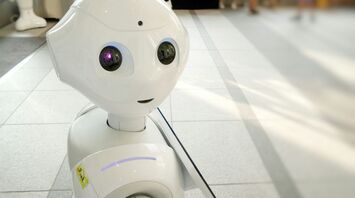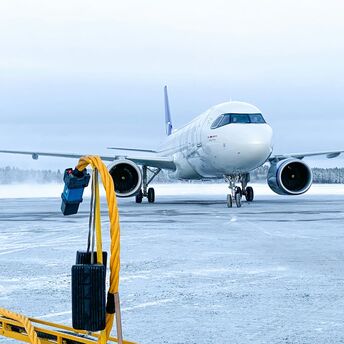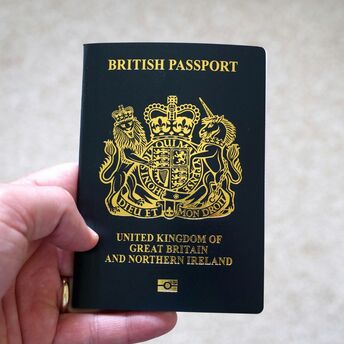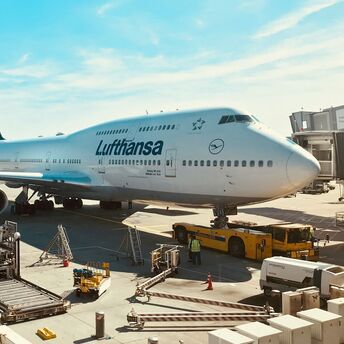JAL Introduces AI Robot for Multilingual Support at Sky Museum

Japan Airlines (JAL) is set to debut its autonomous AI assistant robot, "temi," at the JAL Sky Museum in Tokyo starting November 1, 2024. Running until December 25, 2024, the experiment aims to provide multilingual guidance for visitors, especially with the increasing number of international tourists. The Sky Museum, located within Haneda Airport, is a significant attraction where visitors can explore the airline's history and observe aircraft up close.
The introduction of "temi" will allow the robot to communicate in four languages—Japanese, English, Chinese, and Korean. This feature is designed to help foreign visitors better navigate the museum and access important information. JAL hopes that by incorporating AI technology, they can enhance the visitor experience while also reducing the need for additional staff. The results from this trial will help determine whether to extend the robot's use in other areas, such as airports.
This is yet another example of how AI is expanding its footprint in the travel industry. A recent report highlighted that AI, particularly generative AI, is becoming more prevalent in enhancing travel services across the globe. For instance, Spanish travelers have begun to see more AI-driven tools in booking platforms, where AI provides personalized recommendations and assists with real-time travel planning in travel is not just limited to specific regions but is becoming a key player in transforming the entire industry.
According to predictions, AI's role in travel is expected to revolutionize the industry by providing more efficient, tailored services to consumers. This includes interactive tools for trip planning to AI assistants at airports and hotels. JAL's introduction of "temi" at the museum is part of a broader trend where travel companies are investing in AI to improve customer satisfaction and streamline operations.
For travelers, the launch of AI-powered robots like "temi" signals a shift toward more efficient and interactive experiences. Whether at museums or airports, AI technology promises to make navigating unfamiliar spaces easier and faster. This could mean quicker access to information, reduced waiting times, and more personalized service across various touchpoints of the travel experience.
As AI continues to spread in the travel sector, travelers can expect their journeys to become more seamless, with fewer language barriers and improved services. For international tourists visiting Japan, innovations like "temi" mark a step toward a more user-friendly travel environment, especially in historically complex spaces such as airports and museums.



















